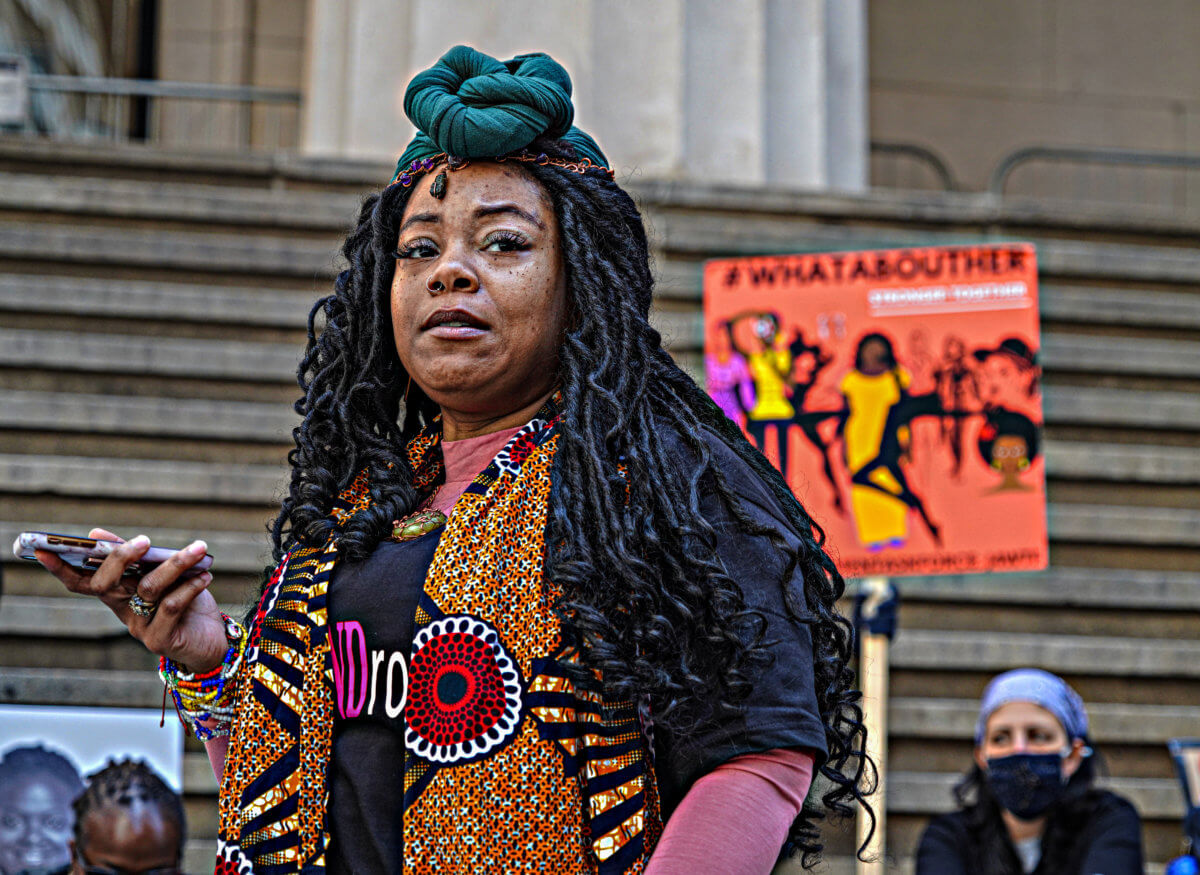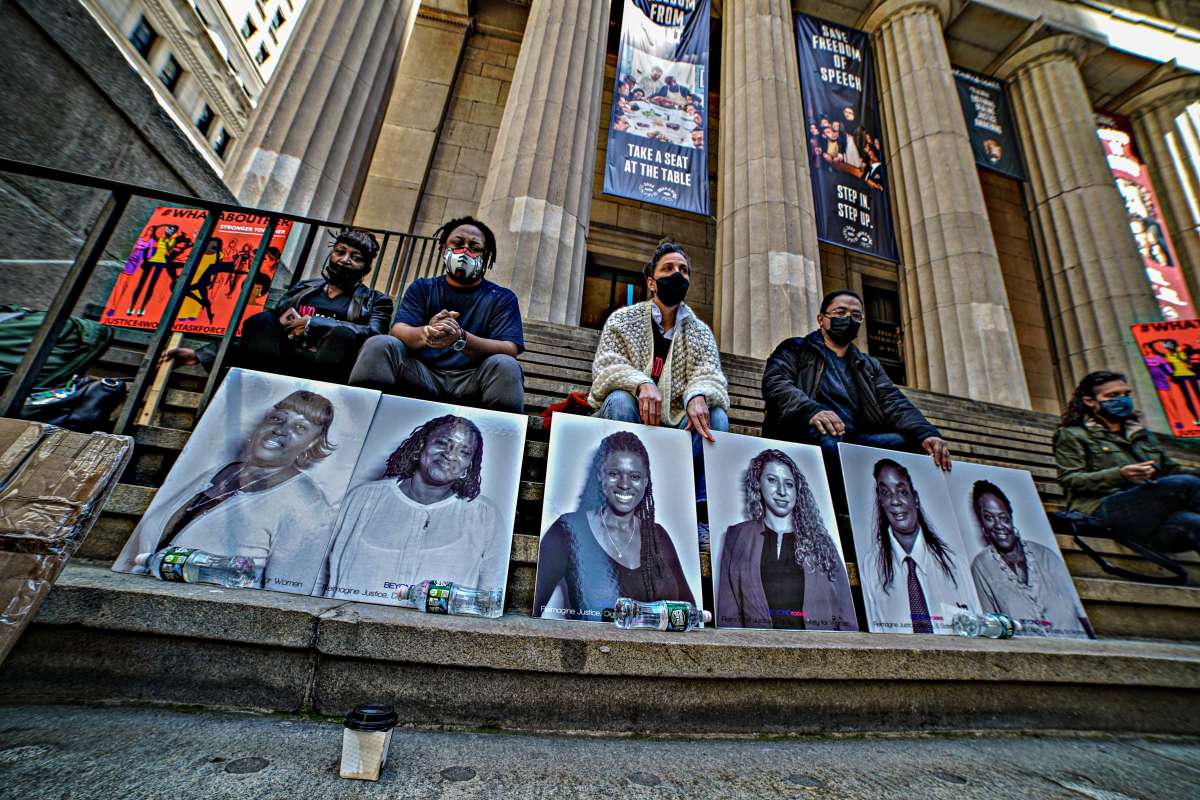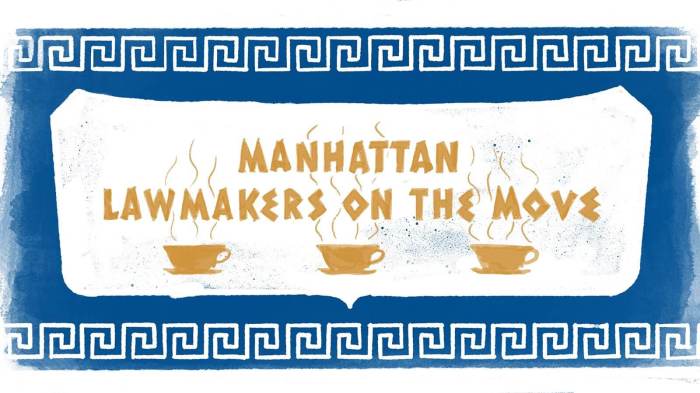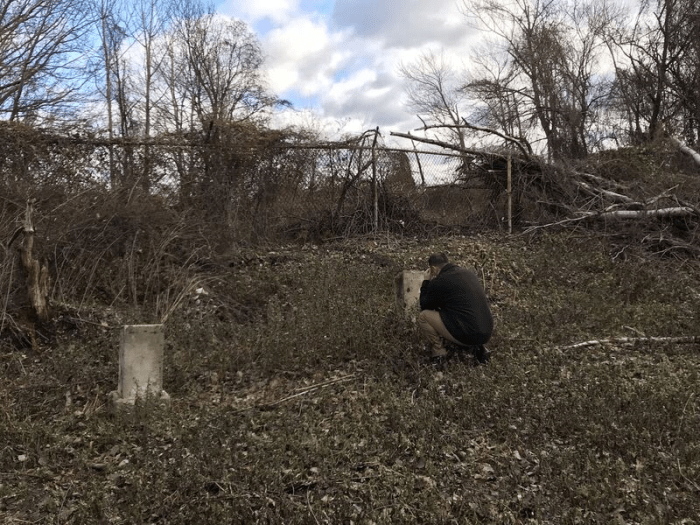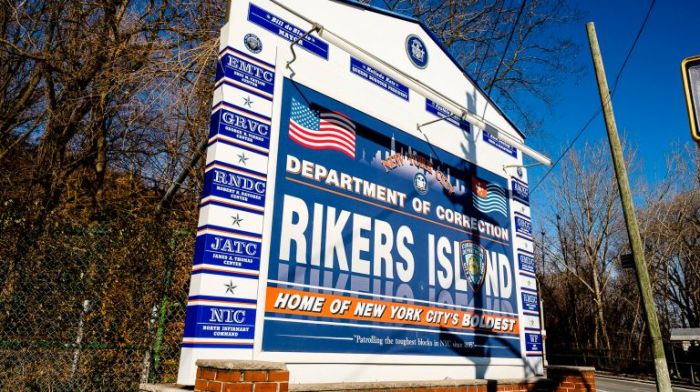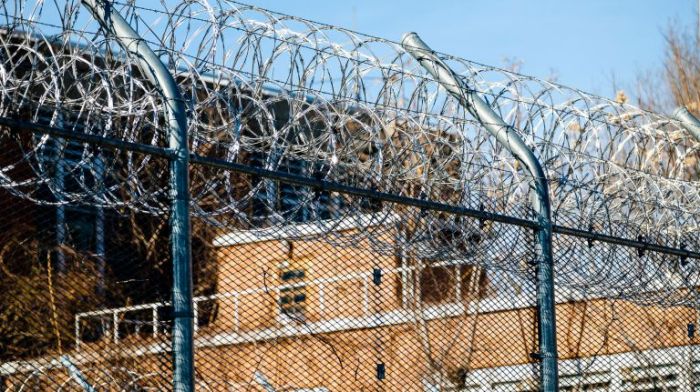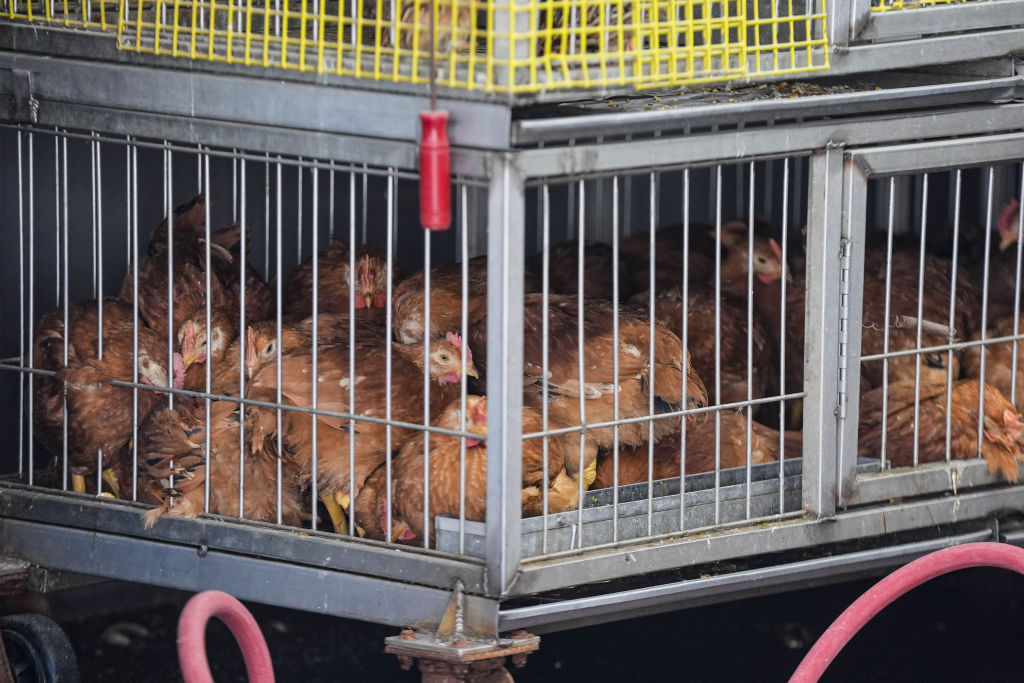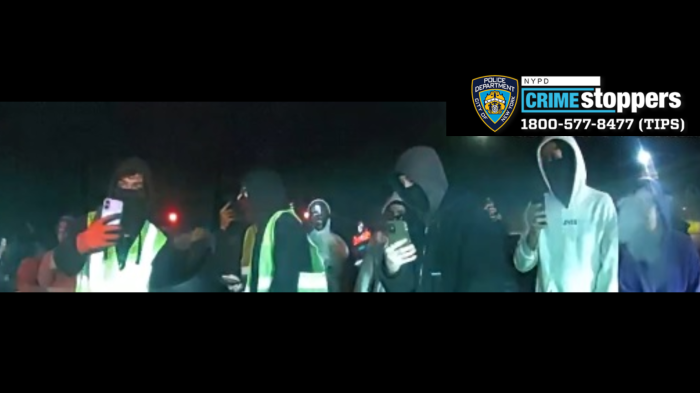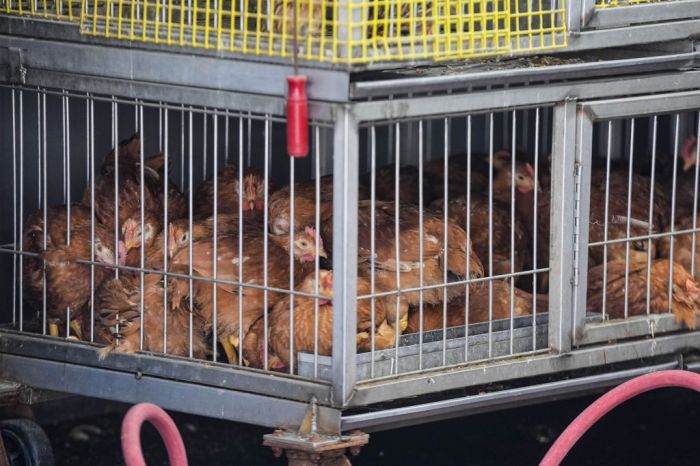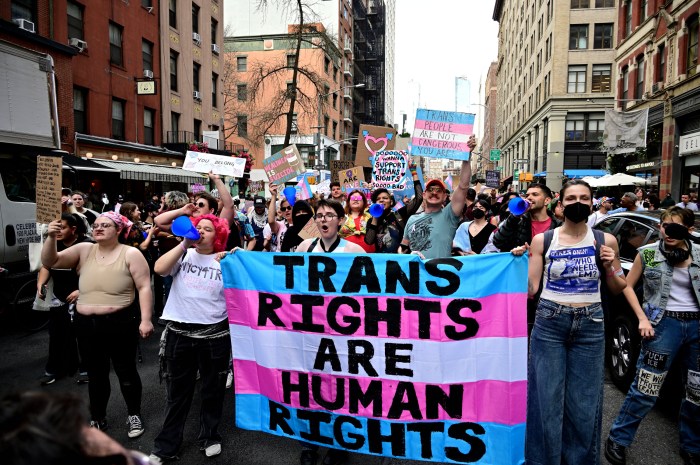Since the COVID-19 pandemic changed the way New Yorkers live their lives, many communities have been wondering how this deadly virus has likewise left those most vulnerable — including incarcerated women in the jails of Rikers Island.
According to the Women’s Community Justice Association (WCJA), women serving time on Rikers have been living under horrendous conditions that have been severely exacerbated due to the novel coronavirus.
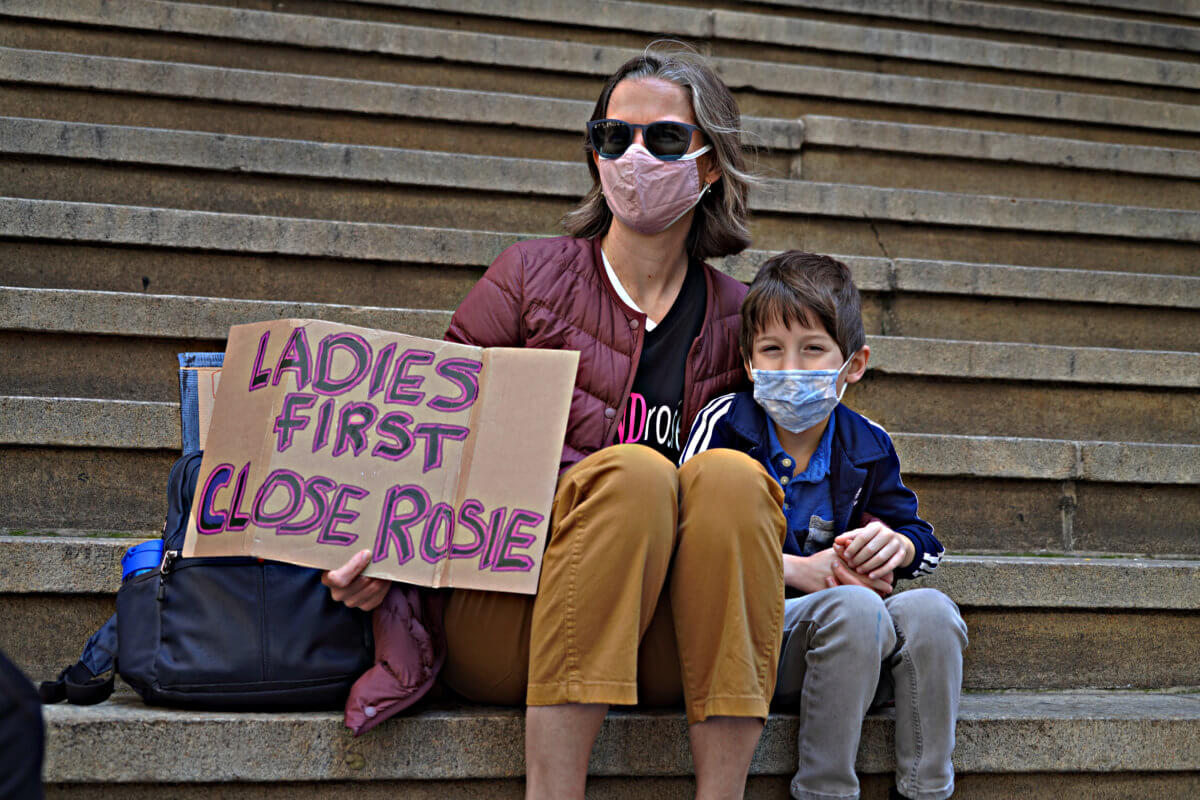
On Monday afternoon, activists took to the steps of the New York Stock Exchange building where they rallied in support of the 271 women — many of whom are Black and Brown — spending the global pandemic behind bars for crimes that have been decriminalized, such marijuana possession. It’s part of the #WhatAboutHer social movement calling attention to the treatment of incarcerated women.
The executive director of the WCJA, Sharon White-Harrigan, says the $445,000 spent annually to house incarcerated women is a waste of resources that only goes to fund unhealthy conditions, fostering the spread of COVID-19.
“The women are detained, so they get COVID-19 from people going in like the officers. These are people who are contained. No one is saying how much PPE is being given out, no one is saying how these women’s health conditions are being met, but we do know the numbers keep going up,” White-Harrigan told amNewYork Metro.
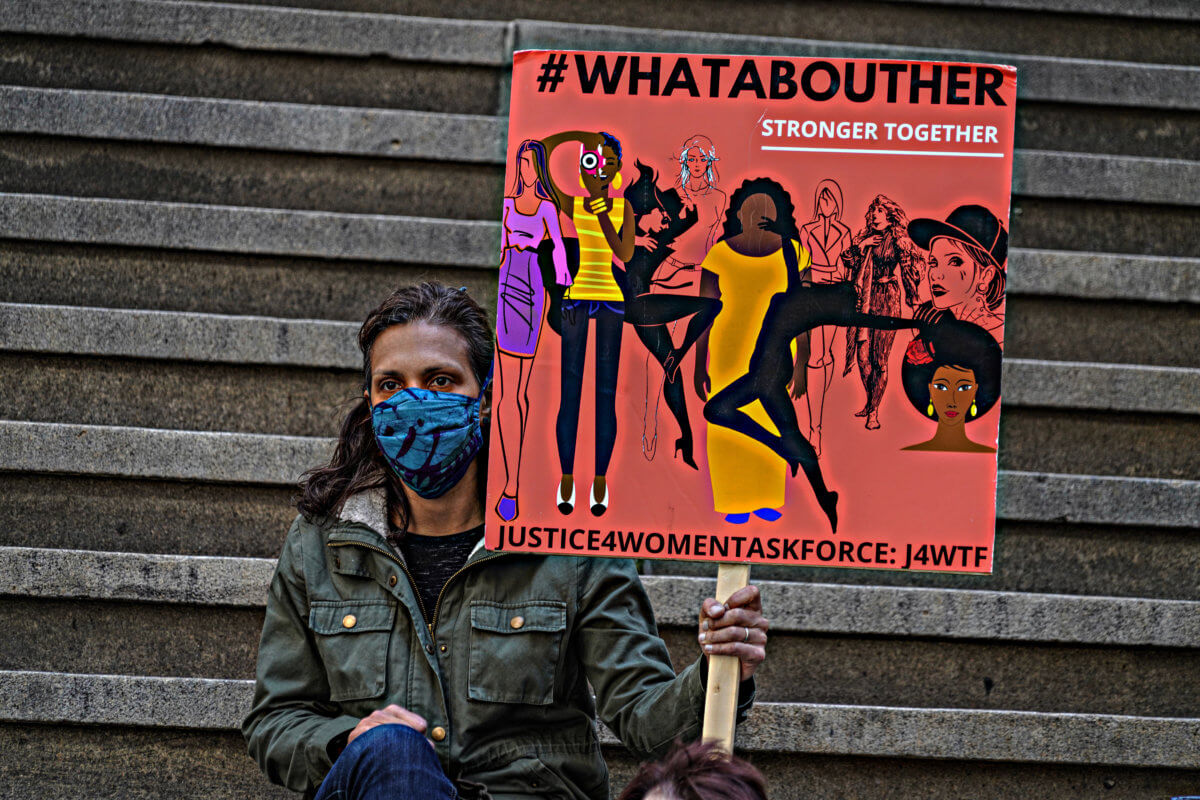
White-Harrigan also believes the way in which Black and Brown individuals are incarcerated for minor crimes is another form slavery.
“They found a new name for slavery and it’s mass incarceration,” she said at the rally.
“It is the same thing. You are ripped away from your family — I mean come on. You legalized marijuana, this is the same thing people were arrested for, penalized for, and locked-up for many years and now people can walk freely smoking it. People are still locked-up for it — Black people!” White-Harrigan told amNewYork Metro.
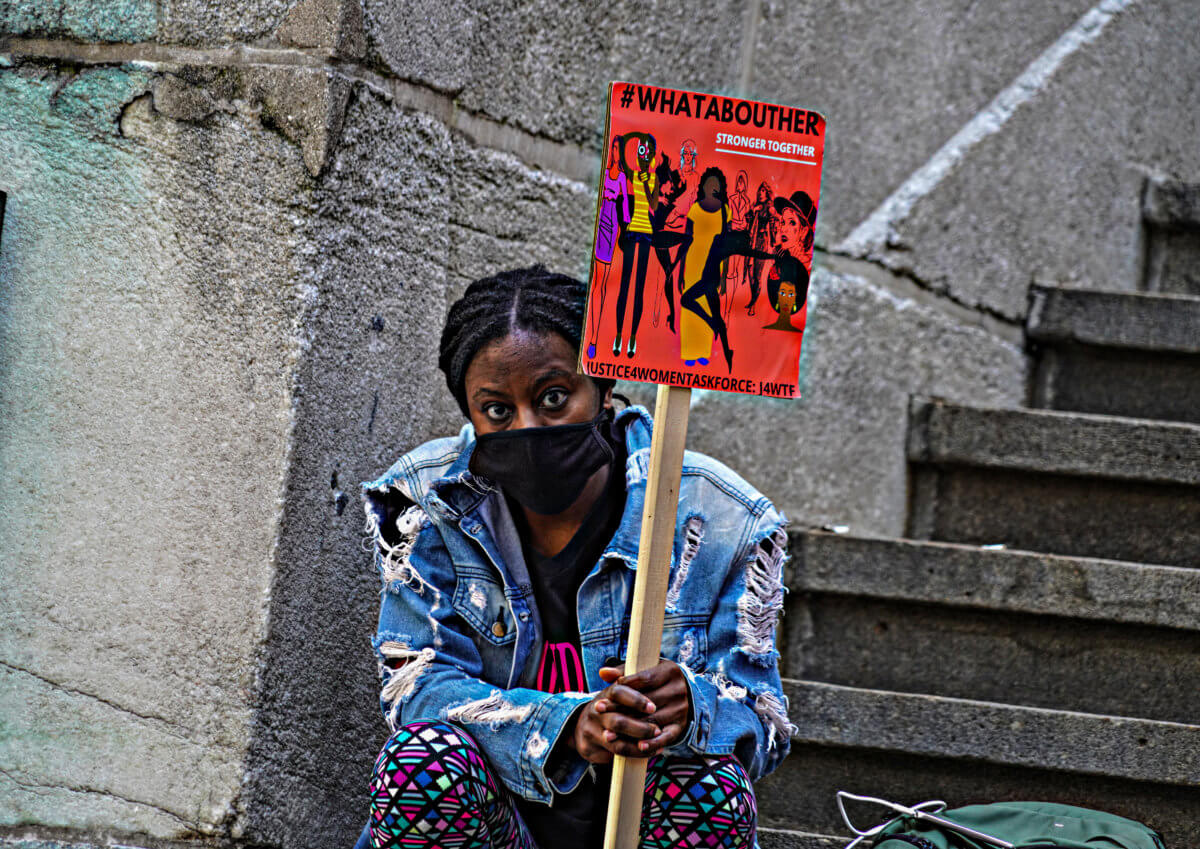
The WCJA is calling upon all of those running for office this year and current elected officials to join in the effort to close the Rose M. Singer Center before the 2027 deadline. They state that the replacement facility should house no more than 100 people, and be a source of rehabilitation, healing, and education.
According to WCJA, the replacement facility will be in Queens for women and gender expansive individuals; however, this in turns means that this population of incarcerated individuals are going to be the last to be relocated from Rikers Island.
WCJA and protesters are demanding that these women be immediately removed from Rikers Island and integrated within the community.
“Women are sent home with no funds, no support, no resources and are told to get it right. Time to rehabilitate our sisters, bring the family back together, raise our children. Women are the backbone of their communities, bring them home,” said Danielle Donaphin, the New Hour Program Director during the rally.
On April 27, formerly incarcerated individuals, advocates, and others will be testifying at the New York City Council Committee on Criminal Justice and Committee on Women and Gender Equity joint oversight hearing at 10 a.m. to bring awareness to the deplorable living conditions and the experience of women and gender expansive individuals.
